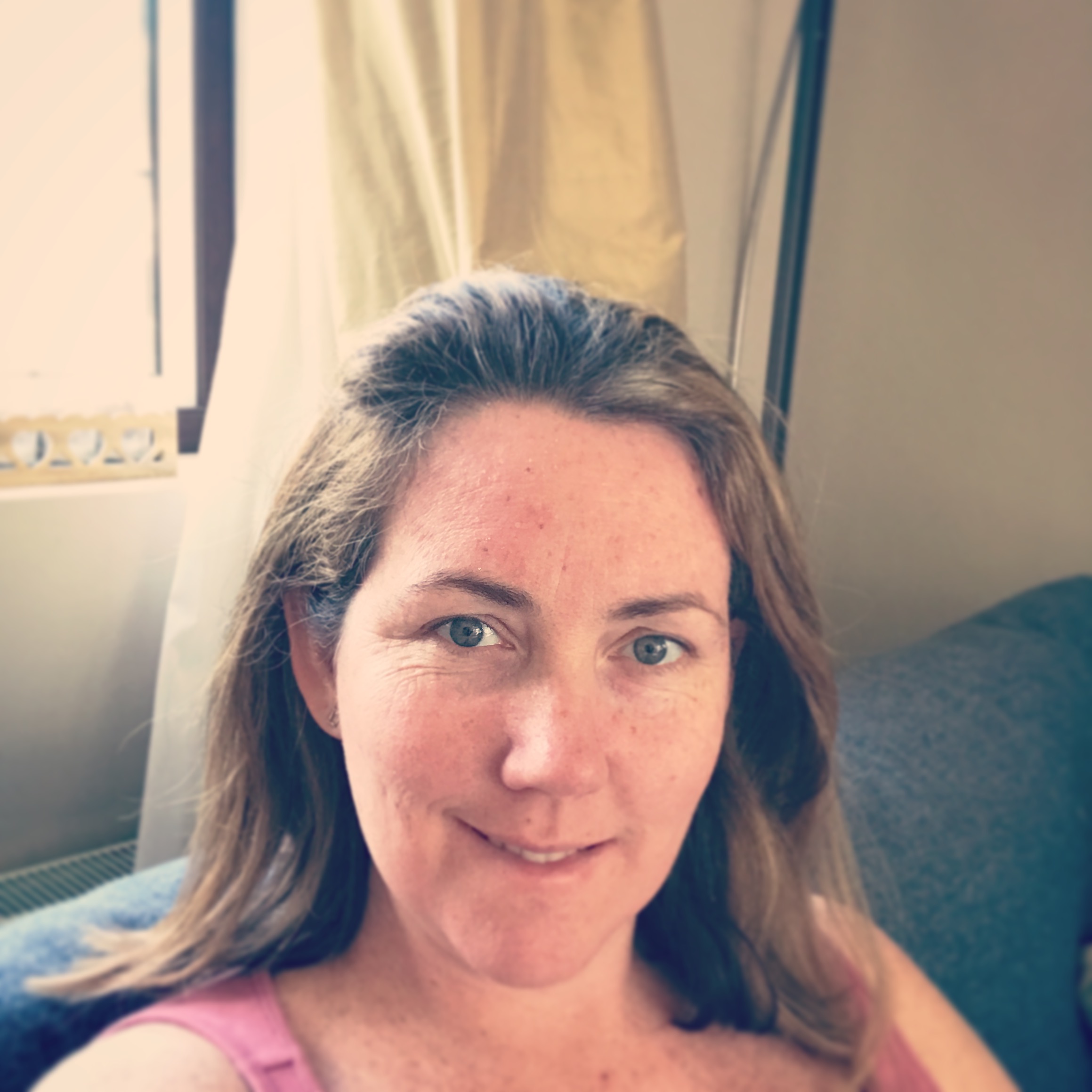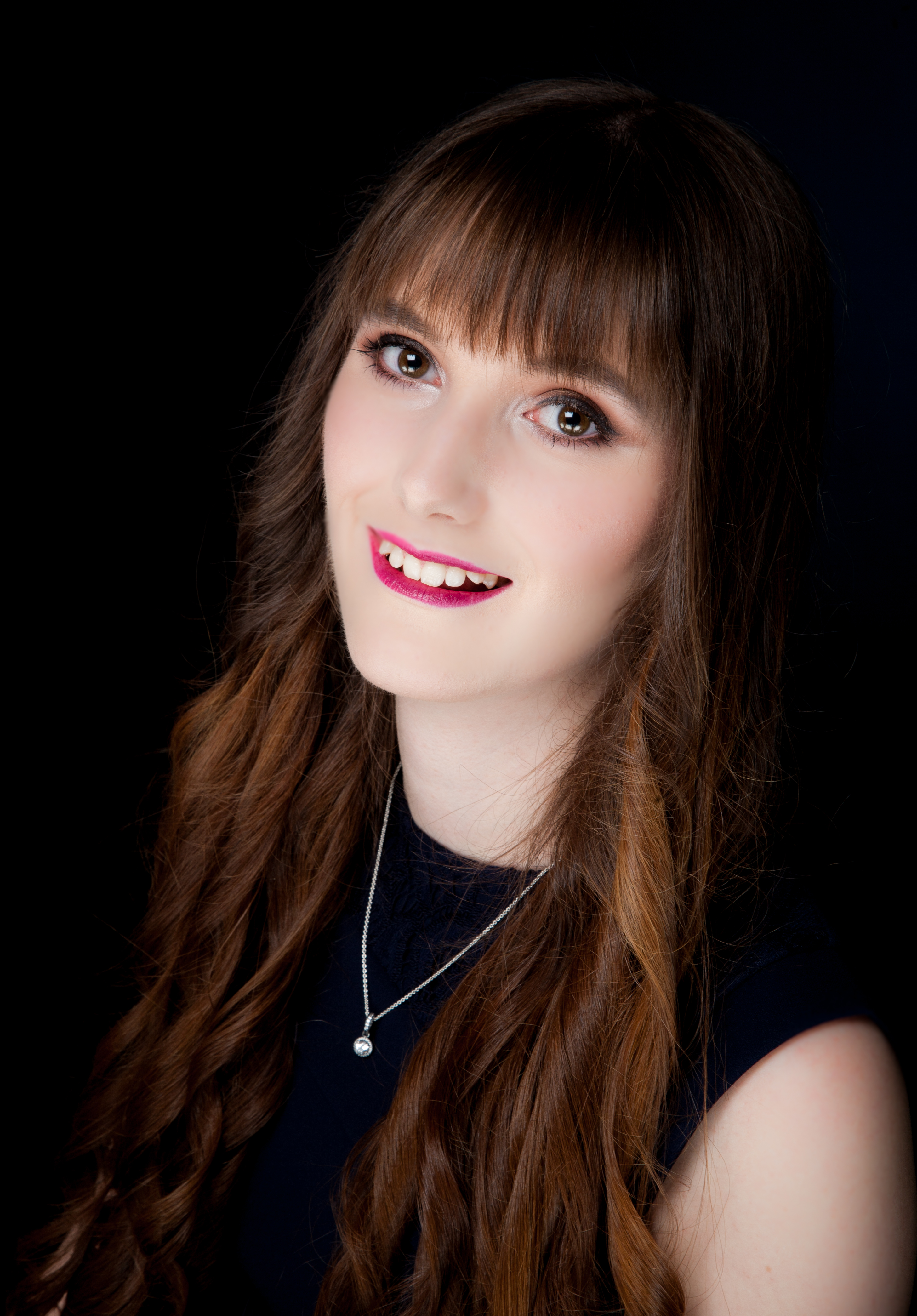This year the theme for International Womens Day is "Each for Equal". For me, equality starts with a dream, and happens when each person has an equal opportunity to make their dreams come true. This includes the neurodivergent.
Dreams have the power to inspire and motivate. Martin Luther King spoke of having a dream, while the movie Field of Dreams starring Kevin Costner immortalised the quote "Build it and they will come". Eleanor Roosevelt is often attributed as the author of one of my favourite dream quotes “The future belongs to those who believe in the beauty of their dreams.”
But what happens when your dreams are limited, and you can't see a future where anything is possible?
The future belongs to those who believe in the beauty of their dreams
While dreams have the potential to transform lives, they are fragile and many are limited by their ability to dream. The young girl sitting in class, an undiagnosed dyslexic, feeling stupid because she is struggling with reading is unlikely to be dreaming of becoming an author or playwright. The student at university, struggling to focus on revision for exams due to their ADHD, is unlikely to dream of becoming a lawyer. The autistic graduate struggling to get through job interviews due to the many unspoken social nuances, is unlikely to dream of becoming a corporate leader.
Far too often dreams are lost along the way. Which is what happens to many young neurodivergent girls. Dreams are being limited because these young girls are being overlooked and under-supported.
We need more conversations and research about neurodiversity in women, and we need to celebrate successful neurodivergent women. To inspire the next generation of neurodivergent girls, to show them what is possible and spark their dreams.
Recently I was excited to be part of the Where have all the girls gone conference - a day focused on the discussion of neurodiversity in women. Hosted by Prof Amanda Kirby of Do-IT profiler and ACT Training, it was a much needed discussion about the consequences of missing women along with the research and initiatives that are needed to support Neurodivergent women (you can find out more in the report recently published by Prof Kirby). I was enthralled by Barry Carpenter and Francesca Happe who co-authored Girls and Autism. In particular I unexpectedly found my own thoughts reflected in quotes from other autistic woman, which were cited by Francesca. It moved me to tears as I sat there thinking "that is me". For our dreams to flourish we need to be reminded that we are not alone in our battles, and we need to be supported to make them a reality. They need to see what is possible, and have their dreams nourished.
And for this we need role models.
Two young neurodivergent women who are driving this conversation are Siena Castellon ( The Spectrum Girl's Survival Guide: How to Grow Up Awesome and Autistic ) and Rosie Weldon (My autistic Fight Song). They each have a book which is shortly due to be published, which I can't wait to read as I know the impact that these books will have on other young neurodivergent girls. Young girls thinking "that is me".
These young girls also have some great role models to look up to:
- Judy Singer - creator of the term Neurodiversity
- Nancy Doyle - CEO of Genius Within;
- Lucy Hobbs - the creative genius behind The Future is ND
- Caroline Turner - Founder of Creased Puddle
- Debra Charles - CEO of Novacroft
- Lisa Ventura - Founder of UKCSA
- Sara Rankin - Pharmacologist / professor at Imperial
- Jenny Hossen - Project Manager at Heathrow
- the 50 amazing women featured in the WBB UK neurodivergent female influencers
There are many obstacles facing women and the neurodivergent, and we still have a way to go to remove these obstacles. But that shouldn't stop us from striving to feed the dreams of young neurodivergent women. To help them see what is possible, and to show them that while they may take a different path to those around them, the destination can still be great. To put them on a path where they can strive for equal success, so that they are ready to help push over the obstacles and barriers that often slow us down.
This International Womens Day, as others call for #EachForEqual, I would like to call to #EachForEqualDreams. Equal dreams for equal success.


